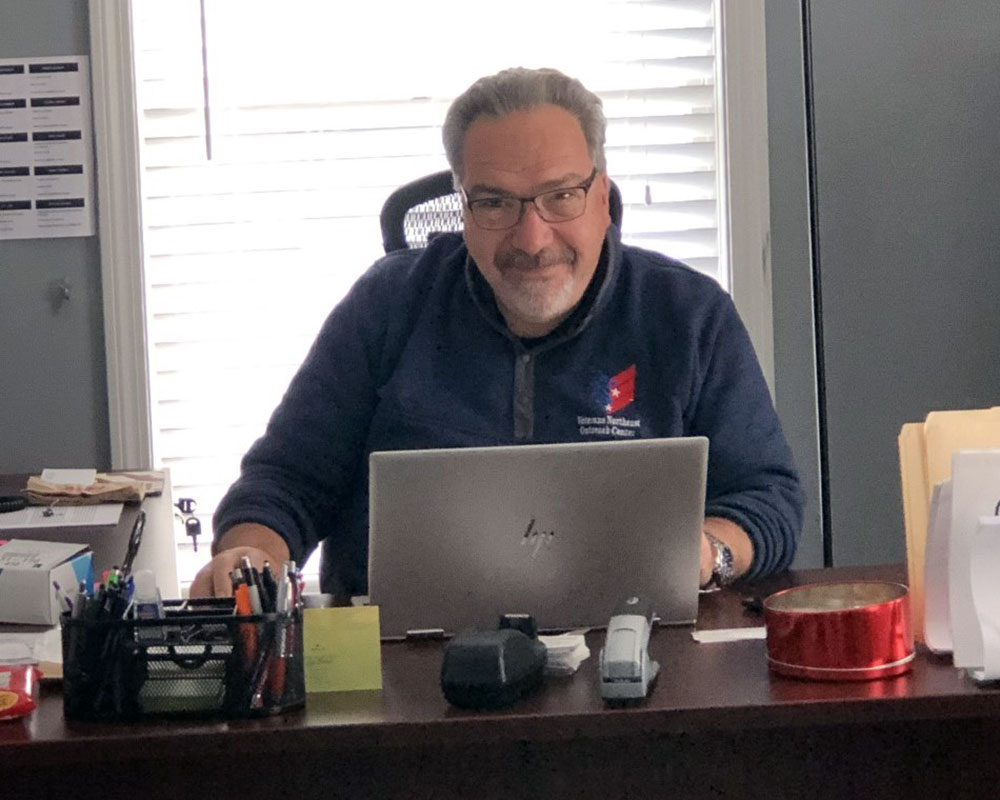Haverhill-based Veterans Northeast Outreach Center says the current health pandemic is forcing the nonprofit to do something different this year—ask the public for help paying for programs.
Veterans Northeast Director of Outreach and Development John Ford said the organization has launched “Voices for Veterans” to help bridge funding gaps resulting from COVID-19.
“The pandemic has stressed our entire funding model with money that had been earmarked for us instead diverted to other areas of need in the communities we serve,” said Ford. “Historically, we have never formally asked for assistance from the communities we serve, but that is just not sustainable.”
The fundraising goal for Voices for Veterans is $100,000 by the end of December.
“The need is urgent, which is why we have launched this campaign, which includes GivingTuesday on Dec. 1,” he added. “Our hope is to create a synergy among community members where individual gifts serve as leverage to encourage others.”
To contribute to Voices for Veterans, or learn more about the organization, visit vneoc.org.
Founded in 1985, VNEOC provides basic food and housing, advocacy, counseling, peer support, case management, employment and education to veterans and their families. These programs and services, explained Ford, are part of “a comprehensive approach aimed at self-sufficiency.”
“The veterans we serve are in transition from unstable to stable environments,” Ford said. “We offer a lot of support in the beginning of their journey with us, but then scale it back through time until they are able to manage their daily lives on their own.”
According to Rachel Hagen, who manages VNEOC’s Transition in Place program, the agency’s services are designed to address root causes of the issues that have destabilized veterans’ lives. VNEOC’s services, she explained, work only when participants are motivated to succeed.
“We do not offer handouts,” she said. “In my program, for instance, our role is to help veterans set goals and develop the skills needed to achieve them.” As veterans progress through TIP, they assume more of the costs associated with their housing. “They then transition out of the program,” she said.
Veterans Northeast Outreach Center serves southern New Hampshire and northeastern Massachusetts, including MetroWest and the Cape.

